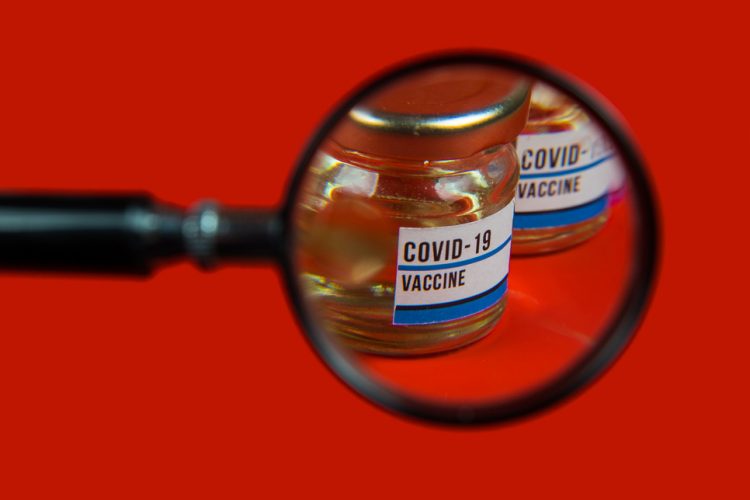Highlights of the EMA’s drug safety committee April meeting
Posted: 13 April 2021 | Hannah Balfour (European Pharmaceutical Review) | No comments yet
In the April meeting the Pharmacovigilance Risk Assessment Committee began two new reviews of adverse events that could be caused by COVID-19 vaccines.


European Pharmaceutical Review summarises the findings of the European Medicines Agency (EMA)’s Pharmacovigilance Risk Assessment Committee (PRAC)’s April meeting 2021.
Vaxzevria investigations
PRAC’s review of very rare cases of unusual blood clots with low blood platelets
In the meeting, the committee concluded that unusual blood clots with low blood platelets should be listed as very rare side effects of Vaxzevria (formerly the COVID-19 Vaccine AstraZeneca).
The committee reviewed a total of 62 cases of cerebral venous sinus thrombosis (CSVT) and 24 cases of splanchnic vein thrombosis reported in the EU drug safety database (EudraVigilance) as of 22 March 2021, 18 of which were fatal. The cases came mainly from spontaneous reporting systems of the EEA and the UK, where around 25 million people had received the vaccine.
In its review of all available evidence, including the advice from an ad hoc expert group, PRAC concluded that the benefits of the vaccine still outweigh its risks, but that healthcare professionals and vaccinees must remain aware of the possibility of blood clots combined with low levels of blood platelets occurring very rarely within two weeks of vaccination. So far, most of the cases reported have occurred in women under 60 years of age within two weeks of vaccination.
New review to assess signal of capillary leak syndrome
In the meeting PRAC began a review of a new safety signal for Vaxzevria. It will assess reports of capillary leak syndrome in people who received the vaccine.
So far, five cases of the rare disorder, characterised by leakage of fluid from blood vessels causing tissue swelling and a drop in blood pressure, have been reported in the EudraVigilance database. While it is currently unclear whether there is a causal association between vaccination and the reports of capillary leak syndrome, these reports point to a safety signal – information on new or changed adverse events that may potentially be associated with a medicine and that warrants further investigation.
PRAC will evaluate all the available data to decide if a causal relationship is confirmed or not. In cases where a causal relationship is confirmed or considered likely, regulatory action will be taken to minimise the risk. This usually takes the form of an update of the summary of product characteristics and the package leaflet.
Investigating thromboembolic events after vaccination with Janssen COVID-19 Vaccine
PRAC has started a review of a safety signal to assess reports of thromboembolic events (formation of blood clots, resulting in the obstruction of a vessel) in people who received the Janssen COVID-19 Vaccine.
Thus far there have been four serious cases of unusual blood clots with low blood platelets reported post-vaccination with COVID-19 Vaccine Janssen. One case occurred in a clinical trial and three cases occurred during the vaccine rollout in the USA. One case was fatal.
COVID-19 Vaccine Janssen is currently only used in the US under an emergency use authorisation. COVID-19 Vaccine Janssen was authorised in the EU on 11 March 2021. The vaccine rollout has not started yet in any EU Member State but is expected in the next few weeks. These reports point to a safety signal, but whether the vaccine is the cause is currently not clear. PRAC said it is investigating these cases and will decide whether regulatory action may be necessary.
EMA said it will further communicate about both ongoing investigations once they have concluded.
Related organisations
EMA Pharmacovigilance Risk Assessment Committee (PRAC), The European Medicines Agency (EMA)
Related drugs
COVID-19 Vaccine AstraZeneca, Janssen COVID-19 Vaccine, Vaxzevria (COVID-19 Vaccine AstraZeneca)




